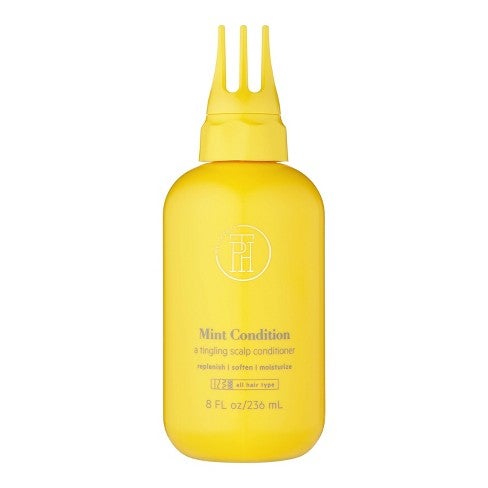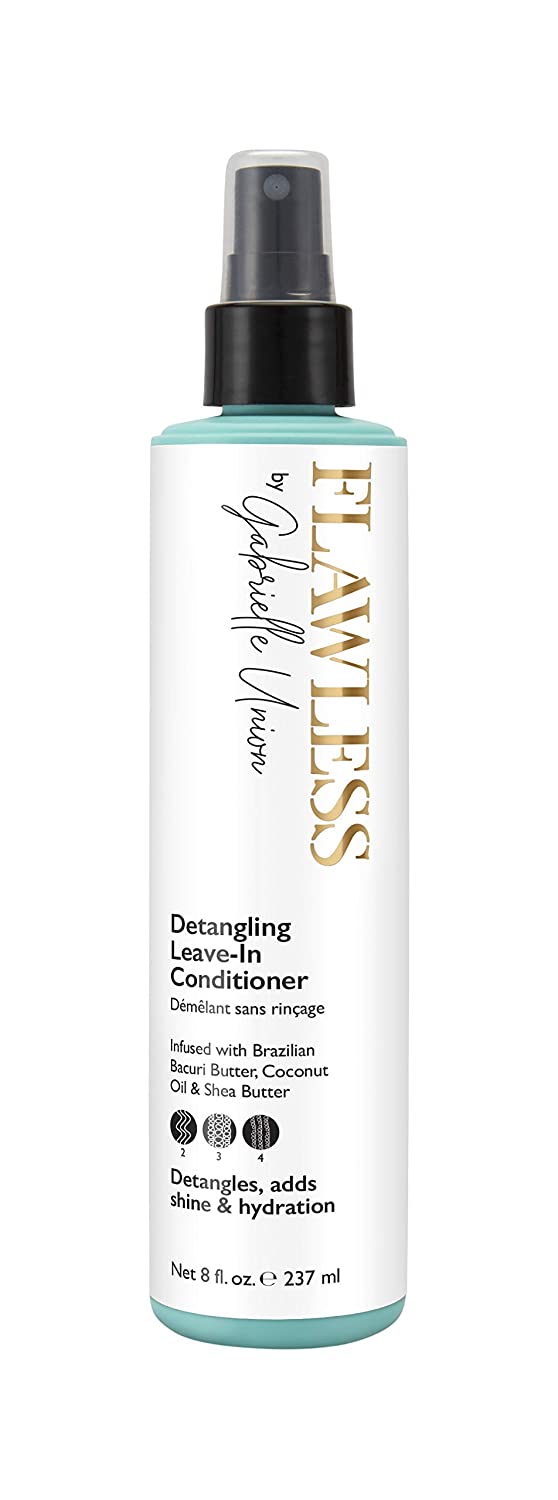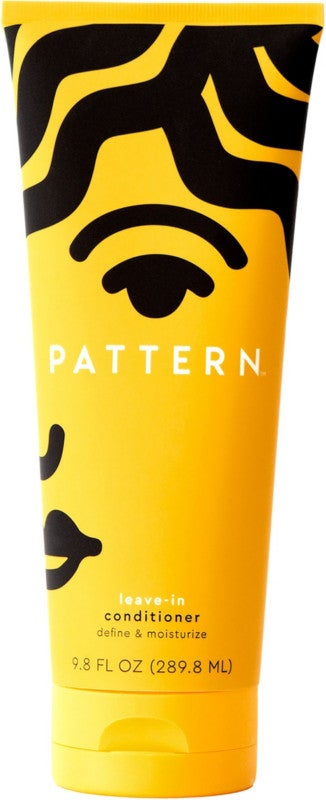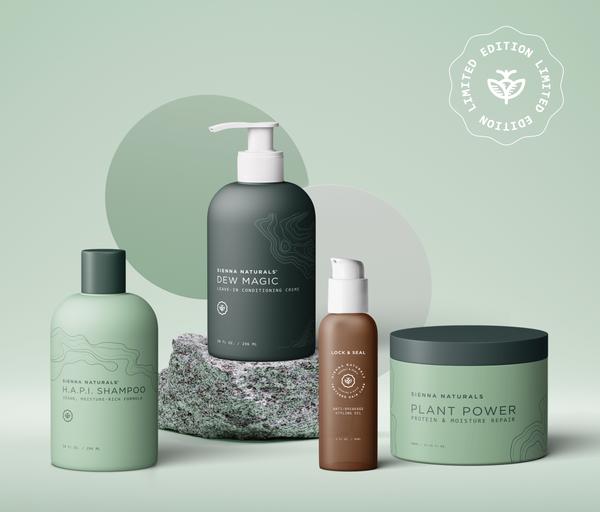When Tracee Ellis Ross scored the role of Joan Clayton in Girlfriends, she was excited to star in one of the most popular television shows of the early millennium. But for the first two years of taping, Ross had to wake up three hours before her early morning call time to do her own hair. Though the cast of the hit series were majority Black women, she still felt better equipped to style her hair than the professionals on set at the time. "I've worked on jobs where there was a lot of support, celebration, and understanding of my Blackness," Ross told Refinery29. "But when it came to hair, I've been my own little lone ranger."
"There is space for all of us, and it's about time the beauty industry embraced that."
Important Thread! 👇🏾 What alot of non-industry folks don't realize is that u can't just use ur normal hairstylists/barbers/makeup artists on a union job (most jobs are union) Those artists HAVE to be IN THE UNION & getting them in has NEVER been easy or smooth. Ever. Like never. https://t.co/vBMFla2cQ2
— Gabrielle Union (@itsgabrielleu) March 11, 2019



